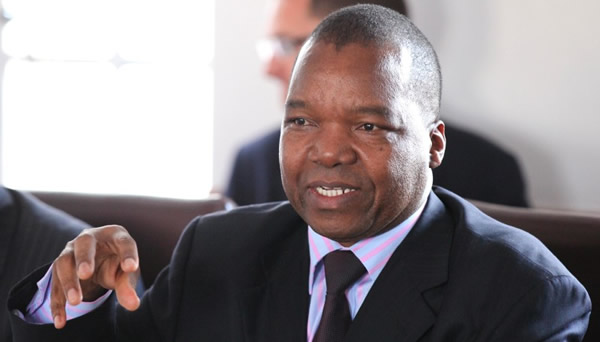
The Sunday Mail

Livingstone Marufu
US$900 million in cash and bond notes/coins worth US$136 million are circulating in Zimbabwe; but fiscal indiscipline — principally hoarding and externalisation — continues to curtail market liquidity, a Reserve Bank of Zimbabwe study has established. RBZ data also shows that bank deposits increased from US$6,14 billion in September 2016 to US$6,51 billion last December on the back of reduced grain imports, increased Diaspora remittances and remarkable export growth.
The study covered February and March 2017 based on the Kalman filter — a method used to estimate the amount of cash in circulation.
RBZ Governor Dr John Mangudya told The Sunday Mail that greater discipline and increased manufacturing would help resolve cash shortages.
He said, “The RBZ estimates that there is around US$900 million of cash in circulation, and this is measured when you are using the Kalman filter and other methodologies to measure the amount of money in the country. This, together with bond notes, is substantially in line with best practice where the ratio of cash in circulation to deposits is around 10-20 percent. We cannot call it a cash crisis, but a crisis of indiscipline, productivity and lack of business management. We are now evoking provisions of the Bank Use Promotion Act to ensure and encourage people like traders, wholesalers and other dealers to bank their money. There is need for a paradigm shift from a consumption type of economy to a productive one.”
Dr Mangudya said authorities were importing US$60 million per month and promoting “plastic money” as part of measures to make cash available.
He was optimistic more individuals and businesses would bank money in response to law enforcement and bank use promotion.
“It is encouraging to note that in keeping with the thrust of promoting electronic payments, a number of payment service providers and banks have enhanced deployment of devices and access points. Further, the Reserve Bank reduced the charges for using electronic payment platforms to, for instance, one percent for Automated Teller Machines and 1,25 percent for bank counter withdrawals. We have a strong craving to ensure Zimbabwe becomes a cash-lite society by year-end, and we anticipate that this policy direction is critical to minimise mismatches between cash and virtual money, and for preserving foreign exchange in nostro accounts for foreign payments.
“Contrary to some people’s beliefs, the exact situation regarding money supply is that deposits have been increasing over the nine years that the multi-currency exchange system has been in place.
“The growth is attributable to the growth in exports, contracting foreign loans, Diaspora remittances and reduction of imports, especially grain due to the success of Command Agriculture.”
Zimbabwe has been grappling with cash shortages since April 2016 largely due to externalisation, hoarding and a huge external trade deficit.
Last week, the RBZ set the cashback limit at US$20 per day and authorities have deployed 32 540 point-of-sale machines to promote plastic money use.



